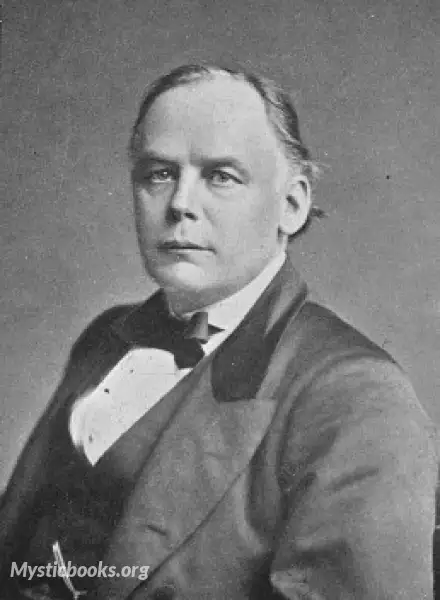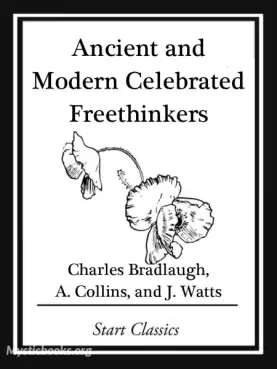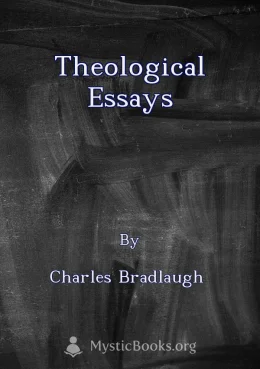
Timeline
Title
Country/Nationality
Charles Bradlaugh
Charles Bradlaugh was an English political activist and atheist. He founded the National Secular Society in 1866, 15 years after George Holyoake had coined the term "secularism" in 1851.
In 1880, Bradlaugh was elected as the Liberal MP for Northampton. His attempt to affirm as an atheist ultimately led to his temporary imprisonment, fines for voting in the Commons illegally, and a number of by-elections at which Bradlaugh regained his seat on each occasion. He was finally allowed to take an oath in 1886. Eventually a parliamentary bill which he proposed became law in 1888, which allowed members of both Houses of Parliament to affirm, if they so wished, when being sworn in. The new law resolved the issue for witnesses in civil and criminal court cases.
Born in Hoxton (an area in the East End of London), Bradlaugh was the son of a solicitor's clerk. He left school at the age of eleven and then worked as an office errand-boy and later as a clerk to a coal merchant. After a brief spell as a Sunday school teacher, he became disturbed by discrepancies between the Thirty-nine Articles of the Anglican Church and the Bible. When he expressed his concerns, the local vicar, John Graham Packer, accused him of atheism and suspended him from teaching. He was thrown out of the family home and was taken in by Eliza Sharples Carlile, the widow of Richard Carlile, who had been imprisoned for printing Thomas Paine's The Age of Reason. Soon Bradlaugh was introduced to George Holyoake, who organised Bradlaugh's first public lecture as an atheist.
At the age of 17, he published his first pamphlet, A Few Words on the Christian Creed. However, refusing financial support from fellow freethinkers, he enlisted as a soldier with the Seventh Dragoon Guards hoping to serve in India and make his fortune. Instead he was stationed in Dublin. In 1853, he was left a legacy by a great-aunt and used it to purchase his discharge from the army.
Bradlaugh was an advocate of trade unionism, republicanism, universal suffrage but opposed socialism. His anti-socialism was divisive and many secularists who became socialists left the secularist movement because of its identification with Bradlaugh's liberal individualism. He was a supporter of Irish Home Rule and backed France during the Franco-Prussian War. He took a strong interest in India.
His daughter, Hypatia Bradlaugh Bonner , was a peace activist, author, atheist and freethinker. She was named for Hypatia, the Greek Alexandrine Neoplatonist philosopher, mathematician, astronomer and teacher.
Bradlaugh died on 30 January 1891. His funeral was attended by 3,000 mourners, including a 21-year-old Mohandas Gandhi. He is buried in Brookwood Cemetery in Surrey.
In 1898, Bradlaugh's daughter Hypatia Bradlaugh Bonner wrote a pamphlet in answer to the question that was often addressed to her: whether her father "changed his opinions and became a Christian" before he died. Bonner laid out all the evidence and concluded that her father gave no indication that his opinions had changed in the "smallest" way.
Books by Charles Bradlaugh

Ancient and Modern Celebrated Freethinkers
This book presents a brief bio and a summary of important ideas & events in the lives of 23 great philosophers from ancient times through the 19th century. The book focuses on freethinkers, who are known to say things which upset those in power, Seve...

Theological Essays
This collection of 23 theological essays by Charles Bradlaugh, a prominent English atheist and founder of the National Secular Society, presents his critical examination of various aspects of Christianity. Bradlaugh tackles fundamental questions abou...